If books were illegal would we read more?
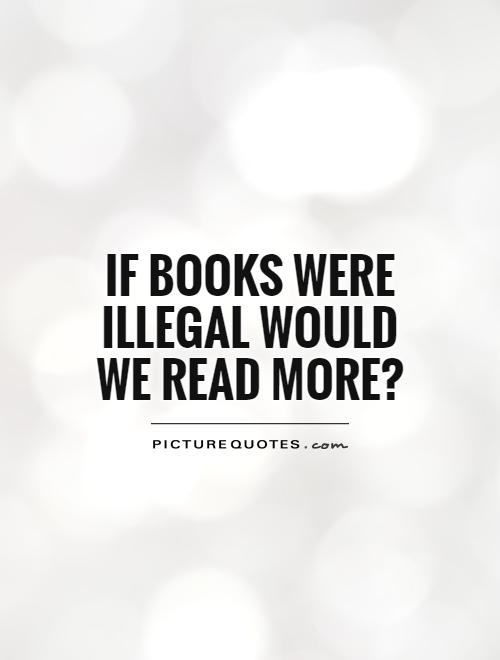
If books were illegal would we read more?
If books were illegal, it is likely that people would still find ways to read them. Throughout history, books have been banned and censored by various governments and authorities, yet people have always found ways to access and share them. In fact, the act of banning a book often increases its popularity and readership, as people are curious to see what all the fuss is about.However, the act of making books illegal would undoubtedly have a chilling effect on reading habits. The fear of punishment or persecution for possessing or reading a book would deter many people from seeking out new reading material. Libraries and bookstores would likely be raided and shut down, further limiting access to books.
On the other hand, the prohibition of books could also have the opposite effect. Just as the prohibition of alcohol in the 1920s led to the rise of speakeasies and bootlegging, the prohibition of books could lead to a thriving underground book trade. People would find ways to smuggle and distribute books, creating a sense of rebellion and defiance against the authorities.
In this scenario, reading could become a subversive act, a form of resistance against a repressive regime. People would read not just for pleasure or knowledge, but as a way to assert their freedom and autonomy. The act of reading would become a political statement, a way to challenge the status quo and fight for the right to access information and ideas.

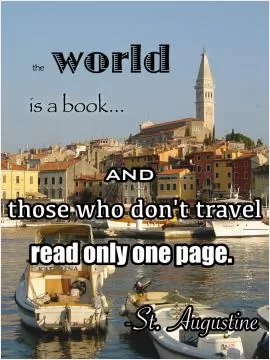



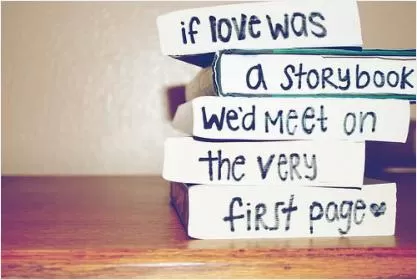

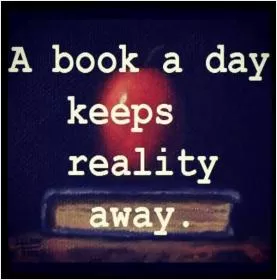

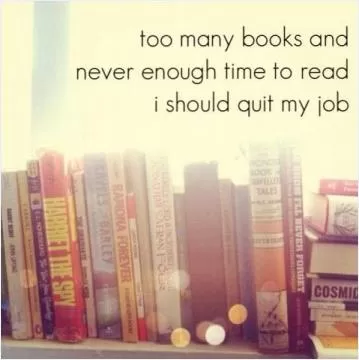
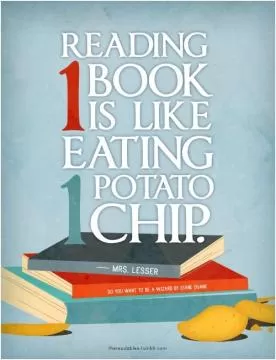
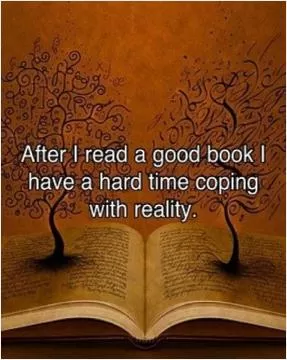
 Friendship Quotes
Friendship Quotes Love Quotes
Love Quotes Life Quotes
Life Quotes Funny Quotes
Funny Quotes Motivational Quotes
Motivational Quotes Inspirational Quotes
Inspirational Quotes